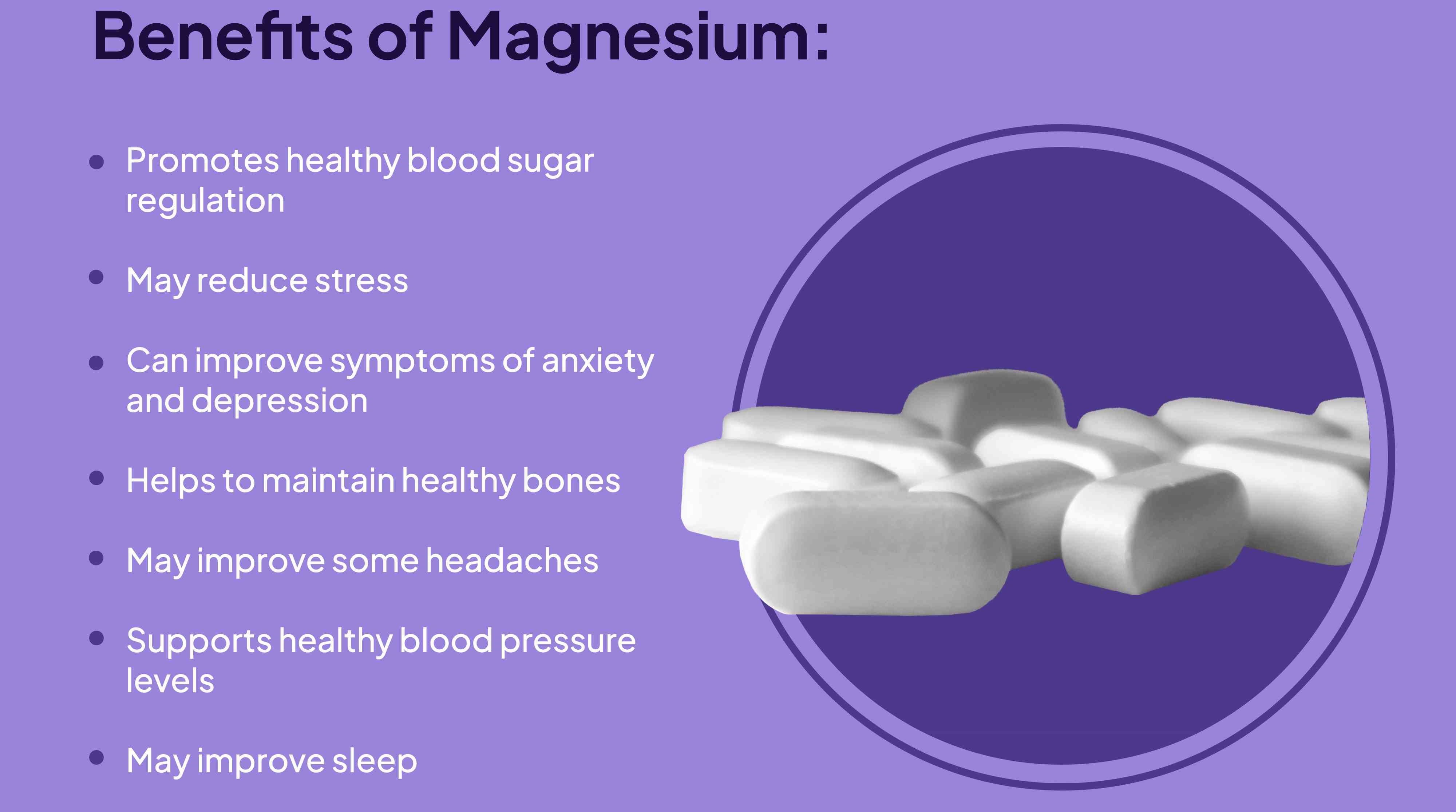Magnesium for Anxiety :
Exploring a Natural Remedy
In the realm of mental health, anxiety stands as a pervasive challenge affecting millions around the world. Amidst the array of treatments, magnesium for anxiety has emerged as a potential natural remedy that intrigues both individuals seeking relief and researchers investigating alternative approaches. This article delves into the concept of using magnesium for anxiety management, shedding light on its potential benefits, mechanisms of action, considerations for use, and its place within the landscape of anxiety treatments.

Unpacking the Impact of Anxiety and Seeking Solutions
Anxiety disorders encompass a range of conditions characterized by excessive worry, fear, and unease that can disrupt daily life. While traditional treatments such as therapy and medications offer valuable support, the allure of magnesium for anxiety lies in its potential to provide a more natural and holistic approach to managing anxiety symptoms.
The Role of Magnesium for Anxiety: Potential Benefits
Magnesium is an essential mineral that contributes to various bodily functions, including nerve transmission and muscle relaxation. This mineral is believed to influence brain chemistry and may play a role in modulating anxiety. Consequently, the concept of using magnesium for anxiety is rooted in its potential to promote a sense of calm and relaxation.

Mechanisms of Action and Considerations for Use
The idea behind using magnesium for anxiety lies in its potential to regulate the activity of the nervous system and counteract the effects of stress hormones. It is thought to support GABA, a neurotransmitter that promotes relaxation. While research is ongoing, individuals considering magnesium for anxiety should consult healthcare professionals to determine appropriate dosages and address any potential interactions with medications.
Potential Benefits and Caveats
Research exploring the effects of magnesium for anxiety has shown promising results, albeit with varying degrees of success. Some studies suggest that magnesium supplementation might contribute to reduced anxiety symptoms, particularly in individuals with magnesium deficiency. However, individual responses can vary, and it's important to approach magnesium for anxiety with an open mind and realistic expectations.
Using Magnesium for Anxiety: Dosage and Sources
When contemplating magnesium for anxiety, individuals often turn to dietary supplements. Magnesium supplements come in various forms, including magnesium citrate and magnesium glycinate. Consulting healthcare professionals is essential to determine the appropriate dosage and select the best form based on individual needs.
Integrating Magnesium with a Holistic Approach
Magnesium for anxiety fits well within a broader strategy for managing anxiety. Combining supplementation with mindfulness practices, physical activity, and a balanced diet can yield comprehensive results. Collaborating with healthcare providers ensures that the approach is tailored to the individual's specific circumstances.

Conclusion : Exploring the Potential of Magnesium for Anxiety
The allure of magnesium for anxiety lies in its potential as a natural and holistic remedy for managing anxiety symptoms. While research continues to illuminate the connection between magnesium and anxiety relief, individuals should approach this approach with informed curiosity. By engaging in open conversations with healthcare professionals, individuals can make informed decisions about incorporating magnesium for anxiety into their journey towards improved mental well-being.